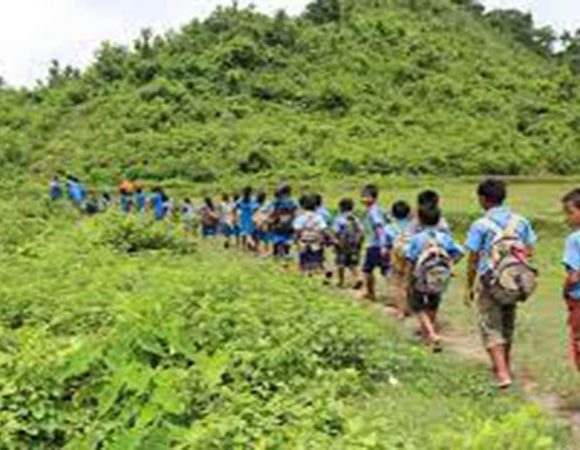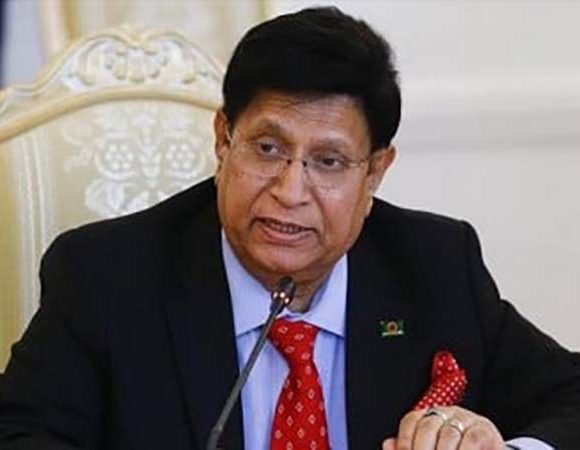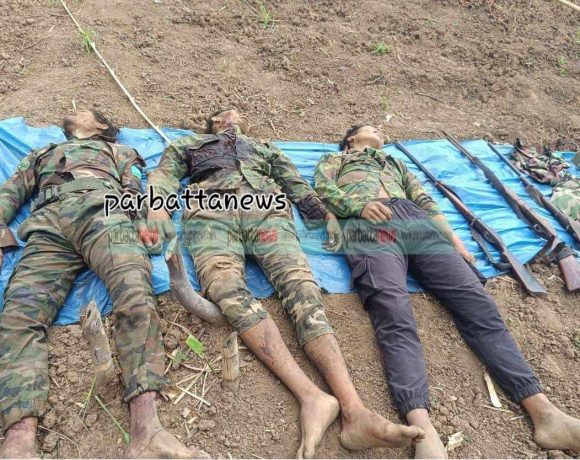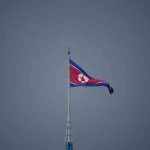BGB issues statement refuting allegations levelled by Arakan Army; dismisses ‘propaganda’
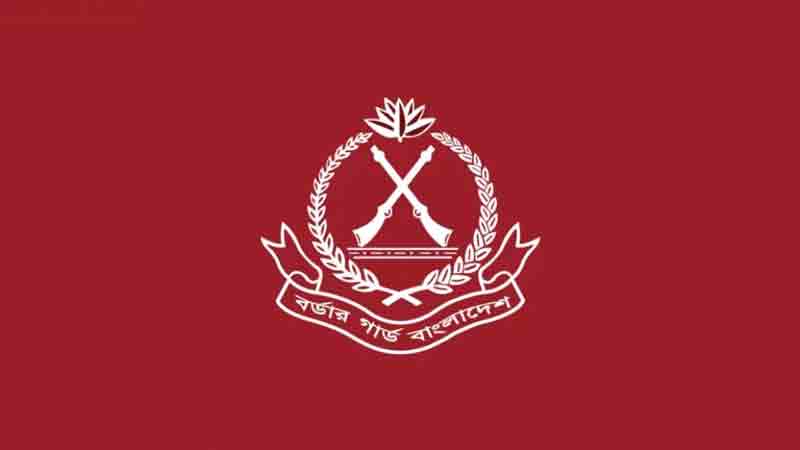
NEWS DESK
Border Guard Bangladesh (BGB) has refuted the allegations of the United League of Arakan (ULA), the political wing of the Arakan Army (AA), that the paramilitary border force of Bangladesh provides support to the Arakan Rohingya Salvation Army (ARSA) and the Rohingya Solidarity Organisation (RSO).
“These allegations are misleading, as BGB does not have any connection with ARSA/RSO. On the contrary, BGB has consistently taken firm steps to uproot their alleged activities inside Bangladesh,” said BGB headquarters public relation officer Shariful Islam on Monday night.
He said that several members have been arrested, including top leader Ataullah Jununi, proving that BGB treats ARSA/RSO as a threat to stability rather than as an ally.
BGB has also taken strong steps to evict any unauthorized armed personnel and uproot their existence from bordering area, he added.
BGB’s mandate is clear: to secure the national border, maintain law and order, and manage the burden of hosting over a million Rohingya refugees.
Since the collapse of Myanmar’s ceasefire in late 2023, BGB has intensified patrols along the Naf River and frontier hills to prevent spill-over violence. At Ghundhum and across the Bandarban–Cox’s Bazar belt, soldiers are now posted everywhere, working in six-hour shifts to ensure round-the-clock vigilance.
Additional troops with arms and equipment, patrols demonstrate maximum preparedness. This is part of a deliberate effort to seal off the land border, leaving smugglers and militants fewer entry points.
BGB has reinforced its deployments, raised camp manpower and launched awareness drives in mine-affected areas, marking danger zones with red flags and supporting affected families with financial aid and medical camps. Such actions highlight Bangladesh’s seriousness in countering security threats.
While ULA points the finger at BGB, the AA itself is facing deepening crises in northern Maungdaw. Prolonged conflict has eroded morale within its ranks. Fighters are disillusioned by involvement in narcotics trade, disputes over looted resources and psychological fatigue. Many have deserted, leaving manpower gaps that AA tried to fill with recruits from other ethnic groups of Rakhine State. But language barriers, poor knowledge of terrain and reluctance to fight have reduced their effectiveness, creating new coordination problems.
Food shortages in nearby Buthidaung have worsened the situation, prompting Rohingya civilians to attempt crossing into Bangladesh.
In one striking case, an AA lieutenant reportedly defected and surrendered inside Bangladesh—an indicator of the group’s weakening cohesion. The Arakan Army’s abuses are not confined to the Rohingya population alone. Smaller ethnic minorities such as the Mro and the Tanchangya have also been subjected to persecution. Even members of the Rakhine community who refuse to pay extortion money to the AA face intimidation, violence, and harassment. Many among these groups, unable to endure the pressure, have fled across the frontier and taken shelter inside Bangladesh.
BGB provided pictures of the aforementioned incident to substantiate the phenomena.
The statement reiterated that BGB has consistently acted against ARSA/RSO, dismantling its extortion networks and preventing drug smuggling across the Naf. Intelligence confirms that militants infiltrate from Myanmar, not from Bangladeshi soil.
Moreover, landmines planted by the AA along the border make it implausible that ARSA operates freely from Bangladesh.
BGB has always upheld the interest of the country, focusing instead on humanitarian protection, narcotics interdiction and border stability.
BGB firmly rejects the ULA’s propaganda of having connetion with ARSA and RSO. These claims aim to obscure the AA’s own record of abuses, discriminations and influence in northern Rakhine.
The international community must recognise these realities, hold perpetrators accountable and create conditions for safe, voluntary repatriation of Rohingya refugees deserve justice, dignity and the right to return home. BGB will continue to uphold its humanitarian responsibilities and secure its border, not through collusion with extremists but through vigilance, diplomacy and humanitarian action.

